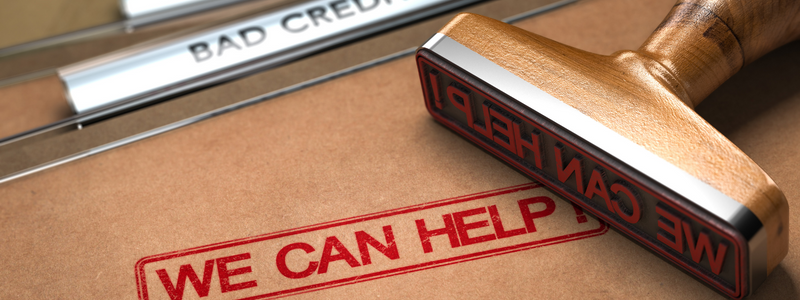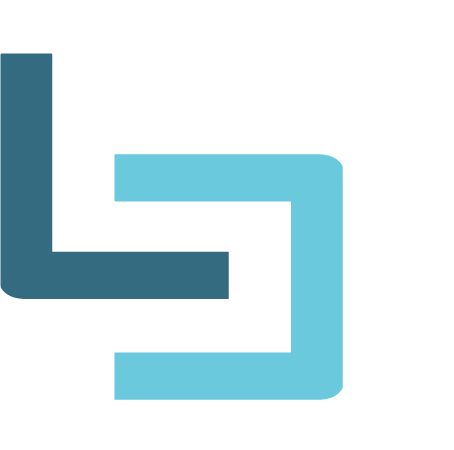
In March of 2019, Global News reported that 14.9% of disposable household income was used to pay current debts. Half of that amount was going to interest charges alone. As debt-to-earnings increases, more and more families struggle to maintain a healthy credit score.
In response, Canadians are turning to alternative lending solutions to get their financial needs met. Banks are risk-averse and are stringent when it comes to offering a personal loan. For those with bad credit, this can be a huge challenge.
Bad Credit Loans
Credit scores in Canada range from 300 to 900, with anything less than 550 seen as poor credit. A low credit score can affect your entire life, making it difficult to get a loan for the following:
- Housing
- Employment
- Personal reasons (hospital bills, home repairs, etc.)
- To start a small business
A low credit score means interest rates on loans can be high — as high as 30% APR in some cases.
If you were recently rejected from a loan due to bad credit, there is a loan solution for you. Before you get started, make sure to be on the lookout for scams. No loan is ever 100%. Here are three warning signs of a loan scam.
Alternative Lending for Borrowers with Poor Credit
If you are in need of a loan and you have bad credit, there are some options for you.
Private Lenders
At present, private lenders “account for around one-tenth of Canada’s C$1.5 trillion ($1.1 trillion) mortgage market”, says a recent Reuters article. “…their growth has accelerated since rules introduced by the country’s financial regulator last year made it harder for banks to grant loans.”
These lenders specialize in offering loans to borrowers with weak credit. In order to qualify, these lenders will review the following:
- Credit score
- Recent credit history
- Employment record
- Total assets
- Monthly net income
Private lenders offer a number of advantages over traditional lenders, including a higher chance of approval, funds in just a few days, and the chance to start credit repair. However, these loans aren’t without their disadvantages, which include very high interest rates, additional upfront fees, and a relatively unregulated market with unscrupulous lenders. Make sure you properly vet a lender.
Peer-to-Peer (P2P) Lenders
P2P lending skips traditional banks, enabling individuals to pool funds for borrowers. A form of crowdsourcing, P2P uses digital technology and online marketplaces to help borrowers obtain loans
Canada offers many P2P lending solutions, including Progressa for individuals and Lendified for small business owners.
Credit Unions
Sometimes your local credit union will be more lenient when it comes to lending. Credit unions in Canada are federally regulated and may offer better loans for those with bad credit. Contact your local credit union for more information.
Hard Money Loans
A loan of “last resort”, a hard money loan is one such solution for those with less-than-ideal credit scores. Sometimes called a bridge loan, this is a short-term loan with a high interest rate backed by collateral. These loans can be as short as 90 days or as long as a few years and are often used to prevent foreclosures.
The Road to Financial Well-being
A bad credit loan can be the first step on the path towards financial health. But don’t stop there. If you continue to struggle with bad credit, work on the root of the problem. Read about our five tips to help you gain financial well-being.



